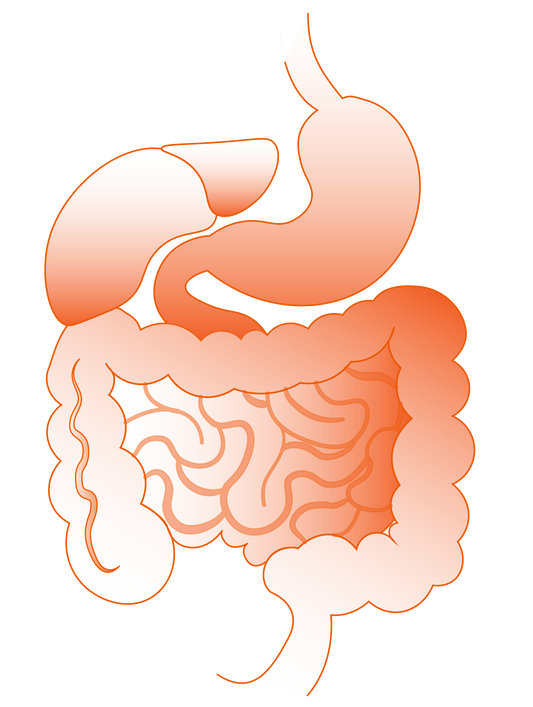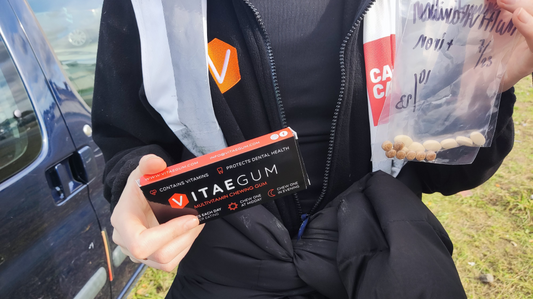Supplement Sabotage: Understanding How Medication Can Hinder Absorption

Can Medications Affect Supplement Absorption?
When it comes to maintaining good health, many people turn to supplements to fill in nutritional gaps. However, did you know that certain medications can interfere with the absorption of these supplements in your gut?
Understanding the Gut's Role in Absorption
The gut plays a crucial role in the absorption of nutrients, including supplements. It is responsible for breaking down food and extracting essential vitamins, minerals, and other beneficial compounds. The small intestine, in particular, is where most of the absorption takes place.
How Medications Can Disrupt Supplement Uptake
Unfortunately, some medications can disrupt the delicate balance of the gut and interfere with the absorption of supplements. Here are a few ways this can happen:
1. Altered Gut pH
Medications that affect the acidity of the stomach can alter the gut's pH level. This change in pH can impact the solubility and absorption of certain supplements.
2. Competition for Absorption Sites
Some medications and supplements may compete for the same absorption sites in the gut. This competition can reduce the uptake of both substances, leading to decreased effectiveness.
3. Changes in Gut Motility
Medications that affect gut motility, such as certain antibiotics or antidiarrheal drugs, can alter the transit time of supplements through the gut. This can impact the absorption process and reduce the amount of nutrients that reach the bloodstream.
4. Disruption of Gut Microbiota
Many medications, particularly antibiotics, can disrupt the balance of gut microbiota. Since these beneficial bacteria play a crucial role in nutrient absorption, any disruption can affect the uptake of supplements.
5. Enzyme Inhibition
Some medications can inhibit the activity of enzymes responsible for breaking down and absorbing certain nutrients. This inhibition can lead to reduced supplement uptake and potential nutrient deficiencies.
Particular medications to consider

Minimizing the Impact
While it's essential to take medications as prescribed, there are steps you can take to minimize the impact on supplement absorption:
1. Timing
Consider the timing of your medication and supplement intake. If possible, take them at different times to reduce the chances of interference.
2. Consult Your Healthcare Provider
If you're concerned about the potential interaction between your medications and supplements, consult your healthcare provider. They can provide guidance on the best approach for your specific situation.
3. Choose the Right Supplements
Opt for supplements that are less likely to be affected by medication interactions. Your healthcare provider or a registered dietitian can help you choose the most appropriate options.
Conclusion
While medications are often necessary for managing various health conditions, it's important to be aware of their potential impact on supplement absorption. By understanding how medications can interfere with supplement uptake through the gut, you can make informed decisions about your health and well-being.
Note that this article is intended to bring awareness about the complexity of supplement absorption, please do not treat it as medical advise. Please consult your doctor for medical advise.



